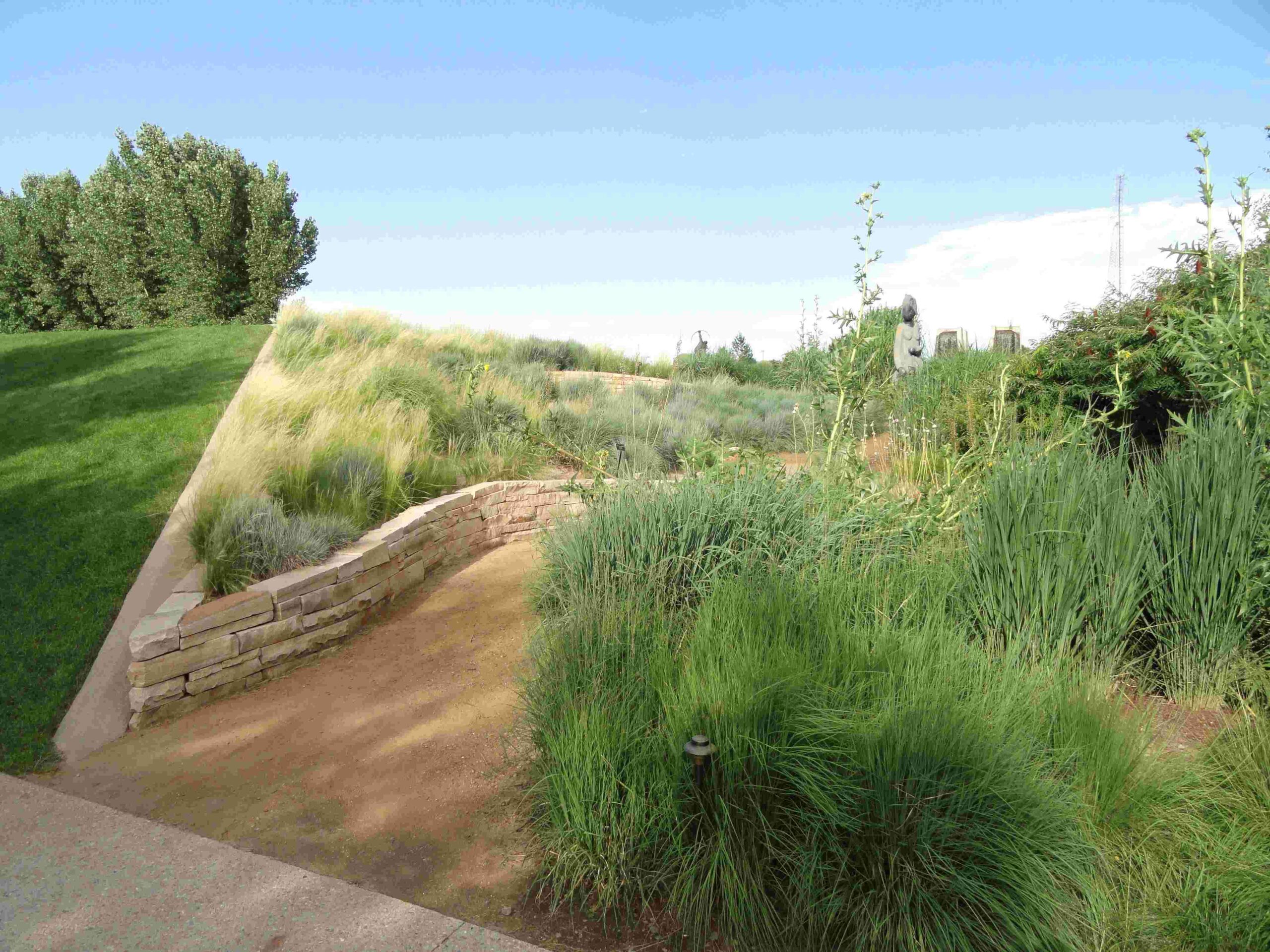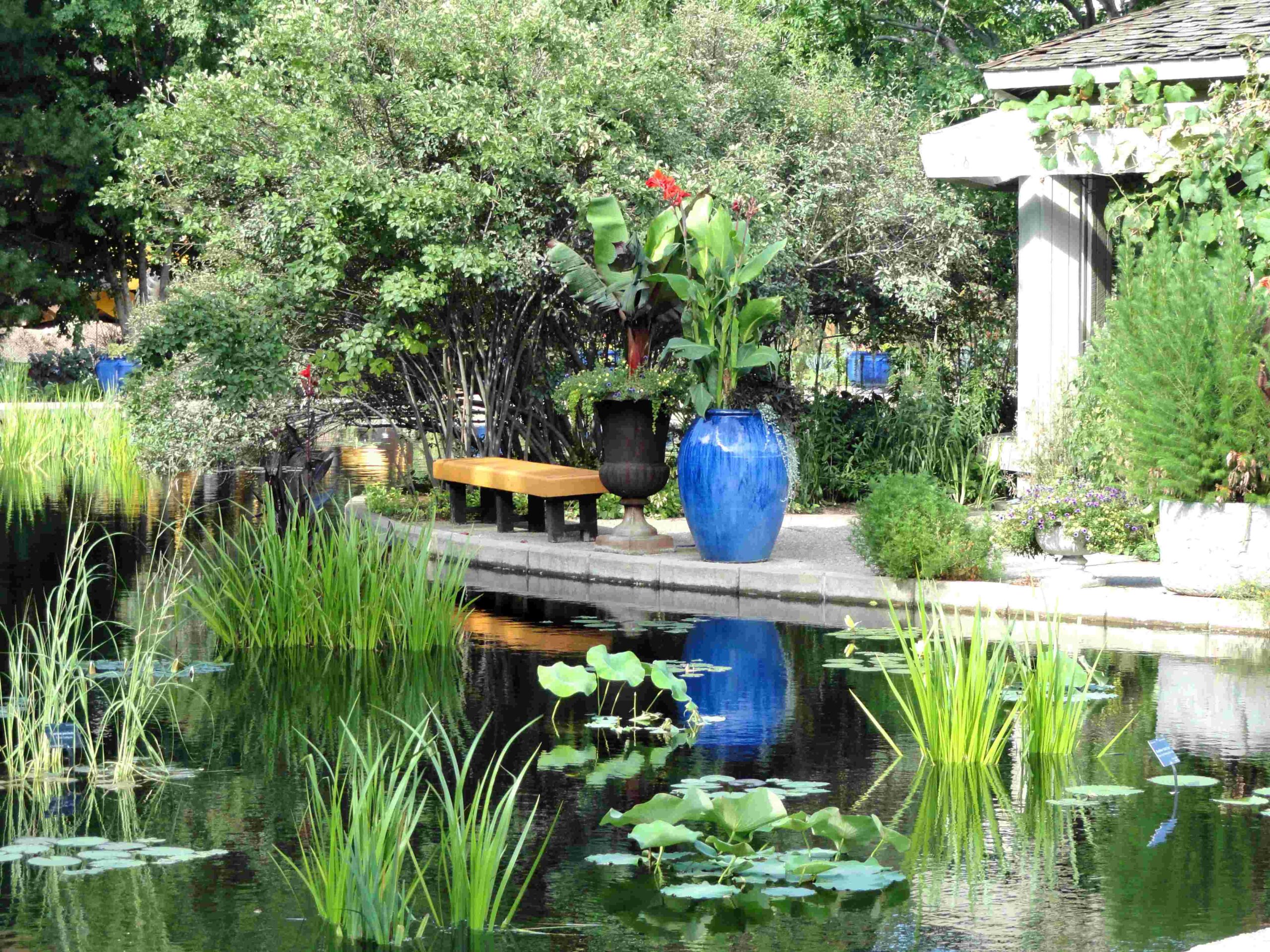Denver Botanic Gardens is a renowned horticultural institution spanning multiple locations in Colorado. With over 15,000 plant species, including North America’s largest collection of cold temperate climate plants, it offers diverse gardens, conservatories, and educational programs. The main York Street location covers 23 acres, while Chatfield Farms spans 750 acres. From tropical conservatories to xeriscape demonstrations, the gardens showcase global plant diversity and sustainable practices.
What Are the Key Locations of Denver Botanic Gardens?

Denver Botanic Gardens comprises three main locations:
- York Street: The primary 23-acre site in east-central Denver
- Chatfield Farms: A 750-acre nature preserve near Chatfield State Park
- Mt. Goliath Natural Area & Dos Chappell Nature Center: An alpine wildflower garden along hiking trails
Each location offers unique experiences and plant collections, catering to different aspects of botanical education and conservation.
How Many Plant Species Does Denver Botanic Gardens House?

The Denver Botanic Gardens boasts an impressive collection of over 15,000 plant species. This diverse array includes:
- North America’s largest collection of plants from cold temperate climates worldwide
- Native Colorado and Rocky Mountain region plants
- Over 600 tropical plant species in the Boettcher Memorial Tropical Conservatory
- Drought-tolerant plants in the Dryland Mesa Xeriscape Demonstration Garden
What Are the Notable Features of Denver Botanic Gardens?
Boettcher Memorial Tropical Conservatory
- Made entirely of concrete and Plexiglas panes
- Awarded landmark status in 1973
- Features a humid, warm climate with waterfalls and pools
Japanese Garden (Shofu-en)
- Designed by renowned landscape architect Koichi Kawana
- Known as the Garden of Wind and Pines
- Showcases traditional Japanese garden design principles
Sunken Amphitheater
- Hosts various concerts during the summer months
- Part of the popular Summer Concert Series
What Is the History of Denver Botanic Gardens?
Founding and Early Development
- Established in 1951 by horticulture enthusiasts
- 1952: Gladys and John Evans II funded planning for 100 acres of gardens in City Park
- 1956: Saco Rienk DeBoer designed a rocky canyon simulating a high mountain environment
Major Expansions and Milestones
| Year | Event |
|---|---|
| 1957 | Began transforming city-owned grounds of old Catholic cemetery into gardens |
| 1973 | Boettcher Memorial Tropical Conservatory completed and awarded landmark status |
| 1973 | Leased 750-acre nature preserve at Chatfield |
| 1979 | Japanese Gardens designed by Koichi Kawana opened |
| 1988 | Chatfield location opened to the public |
What Unique Plant Collections Does Denver Botanic Gardens Feature?
Denver Botanic Gardens houses several specialized plant collections:
- Native Colorado Plants: Extensive collection of Rocky Mountain region flora
- Tropical Plants: Over 600 species in the Boettcher Memorial Tropical Conservatory
- Drought-Tolerant Plants: Featured in the Dryland Mesa
- Historical Iris Collection: Over 400 varieties at Chatfield Farms, with the oldest dating to 1597
- Dwarf Conifer Collection: Unique, genetically distinct trees
- Laura Smith Porter Plains Garden: Living example of pre-development Front Range ecosystem
What Events Does Denver Botanic Gardens Host?
Annual Events
- Blossoms of Light
- Held from mid-November to early January
-
Features gardens illuminated with festive lights
-
Summer Concert Series
- Hosted in the sunken amphitheater
- Offers a variety of musical performances
Other Events and Programs
- Seasonal festivals
- Educational workshops
- Art exhibitions
- Horticultural classes
What Are the Visiting Hours and Ticket Prices?
- Generally open daily from 9 am to 5 pm
- Extended hours during special events like Blossoms of Light
- Ticket prices vary based on season and events
- For current pricing and schedules, visit the official Denver Botanic Gardens website
Denver Botanic Gardens continues to evolve, with recent developments including the establishment of the Freyer-Newman Center as part of a $116 million, thirteen-year master plan. This ongoing growth ensures that the gardens remain a vital resource for botanical education, conservation, and public enjoyment.
References:
1. https://en.wikipedia.org/wiki/Denver_Botanic_Gardens
2. https://www.uncovercolorado.com/wildlife/denver-botanic-gardens/
3. https://coloradoencyclopedia.org/article/denver-botanic-gardens

